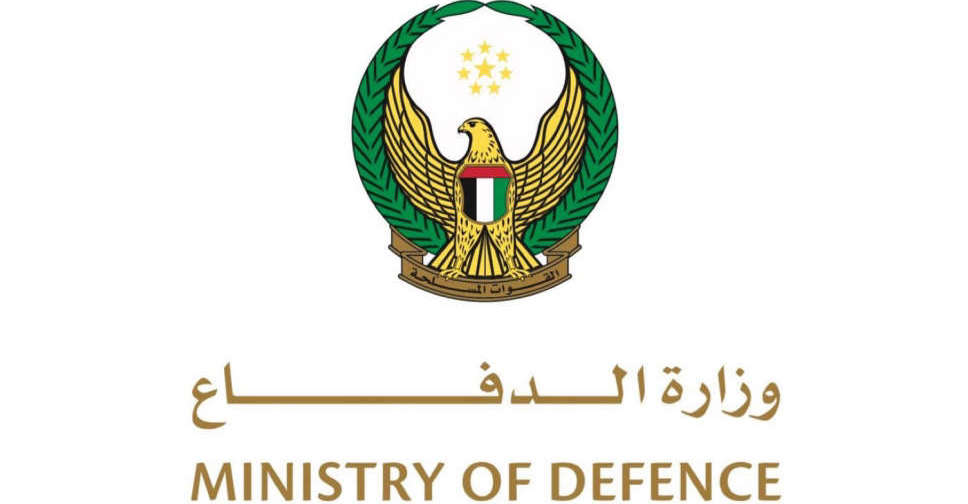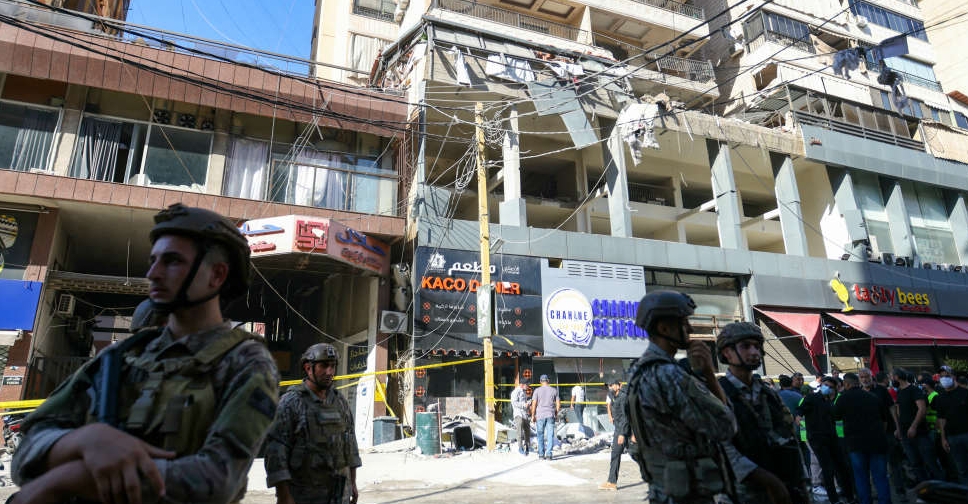
Israel rejected global calls for a ceasefire with the Hezbollah movement on Thursday, defying its biggest ally in Washington and pressing ahead with strikes that have killed hundreds in Lebanon and heightened fears of an all-out regional war.
Despite Israel's stance, the US and France sought to keep prospects alive for an immediate 21-day truce they proposed on Wednesday, and said negotiations continued, including on the sidelines of a United Nations meeting in New York.
An Israeli warplane struck the edges of the capital Beirut, killing two people and wounding 15, including a woman in critical condition, Lebanon's health ministry said. That took deaths overnight and on Thursday to 28 and over 600 since Monday.
The strike killed the head of one of Hezbollah's air force units, Mohammad Surur, Hezbollah said, the latest senior Hezbollah commander to be targeted in days of assassinations among the group's top ranks.
On the Israeli side of the border with Lebanon, the army staged an exercise simulating a ground invasion - a potential next stage after relentless airstrikes and explosions of communications devices.
Israel's air force is planning to assist troops in the event of a ground operation and will stop any arms transfers from Iran, Air Force Commander Major General Tomer Bar said late on Thursday.
"We are preparing shoulder to shoulder with Northern Command for a ground maneuver. Prepared, if activated. This is a decision to be made above us," he told soldiers in a video distributed by the Israeli military.
Israel has vowed to secure its north and return thousands of citizens who have evacuated since Hezbollah launched a campaign of cross-border strikes last year in solidarity with Palestinian militants fighting in Gaza.
Arriving in New York before addressing the U.N. General Assembly on Friday, Israeli Prime Minister Benjamin Netanyahu told reporters the military will keep hitting Hezbollah with "full force and we will not stop until we achieve all our goals, first and foremost returning the residents of the north safely to their homes."
Israeli Foreign Minister Israel Katz said on X, "There will be no ceasefire in the north."
Israel's stance dashed hopes for a swift settlement and Lebanese Foreign Minister Abdallah Bou Habib appealed to the U.N. to win an immediate ceasefire "before the situation spirals out of control, with a domino effect, making this crisis impossible to contain."
"Lebanon is currently enduring a crisis which is threatening its very existence," Bou Habib said at a meeting of the U.N. General Assembly late on Thursday.
White House spokesperson John Kirby told a briefing earlier that Israel had been "fully informed and fully aware of every word" in the ceasefire proposal and allies expected it would be taken seriously. The US is Israel's longtime ally and biggest arms supplier.
French President Emmanuel Macron said he did not believe Israel's rejection was definitive. "It would be a mistake by the prime minister to refuse it because he would be taking responsibility for regional escalation," Macron told reporters in Canada.
"We will do everything to ensure this proposal is accepted," Macron said, adding that France was ready to call a new U.N. Security Council meeting to endorse the proposal.
Hundreds of thousands of people have fled their homes during the heaviest Israeli bombardment of Lebanon since a major war in 2006.
Hezbollah has faced off against the Israeli military since the movement was created in 1982 to counter an Israeli invasion of Lebanon.
 Shigeru Ishiba to become Japan's next prime minister after ruling party vote
Shigeru Ishiba to become Japan's next prime minister after ruling party vote
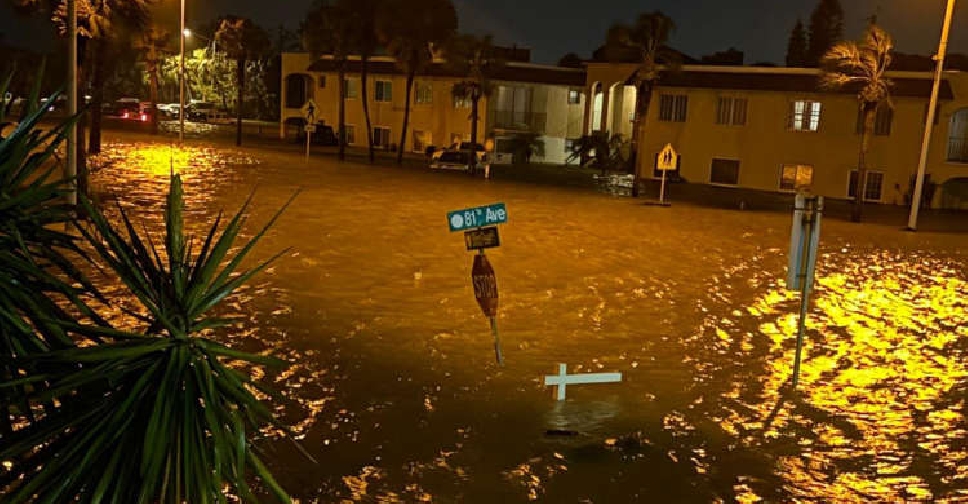 Hurricane Helene makes landfall in Florida Big Bend
Hurricane Helene makes landfall in Florida Big Bend
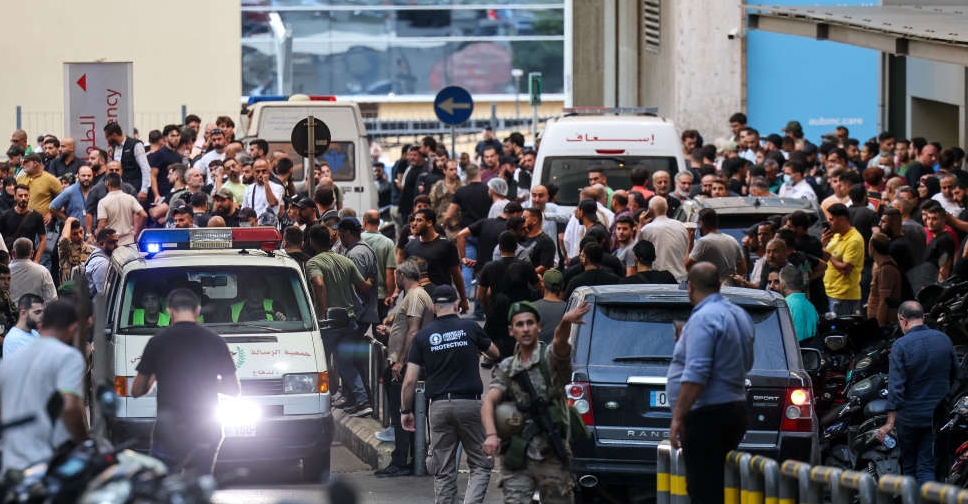 West weighs up Lebanon evacuation as Israel rejects ceasefire
West weighs up Lebanon evacuation as Israel rejects ceasefire
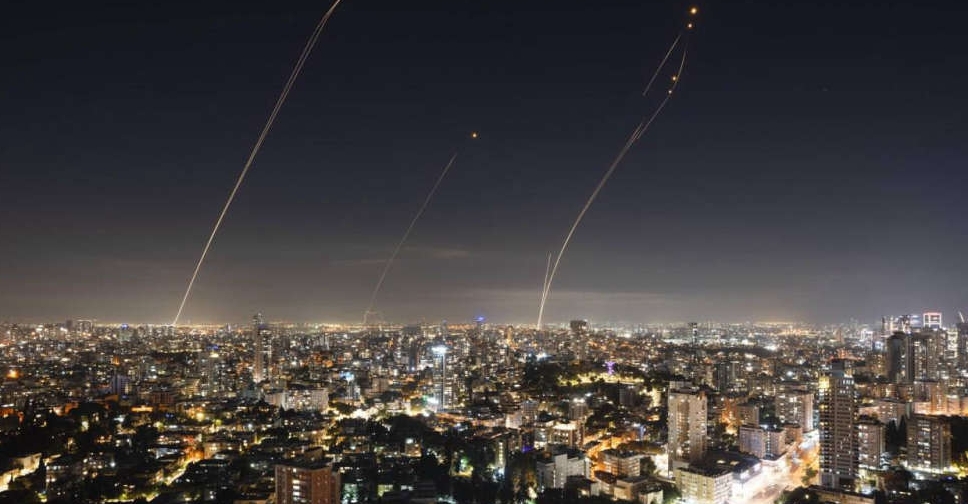 Israel says it intercepted Yemeni missile
Israel says it intercepted Yemeni missile
 Japan's LDP to pick new leader to replace outgoing PM Kishida
Japan's LDP to pick new leader to replace outgoing PM Kishida



